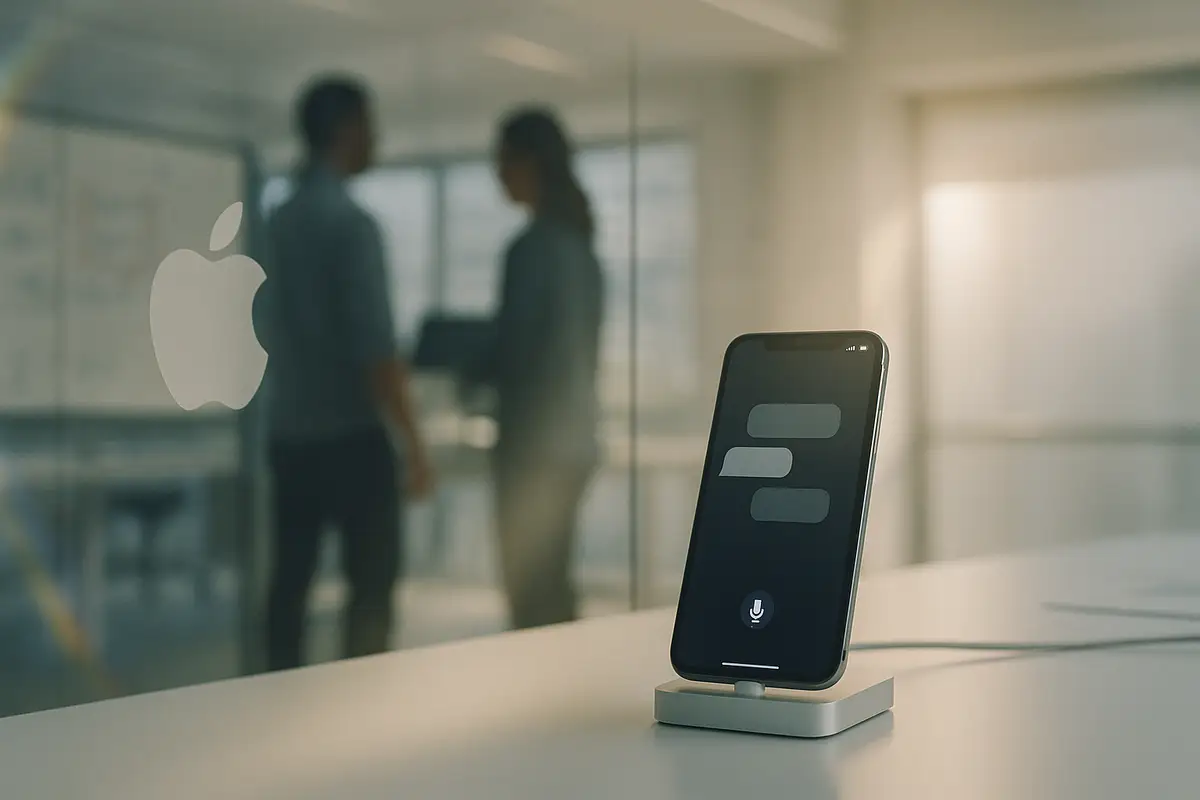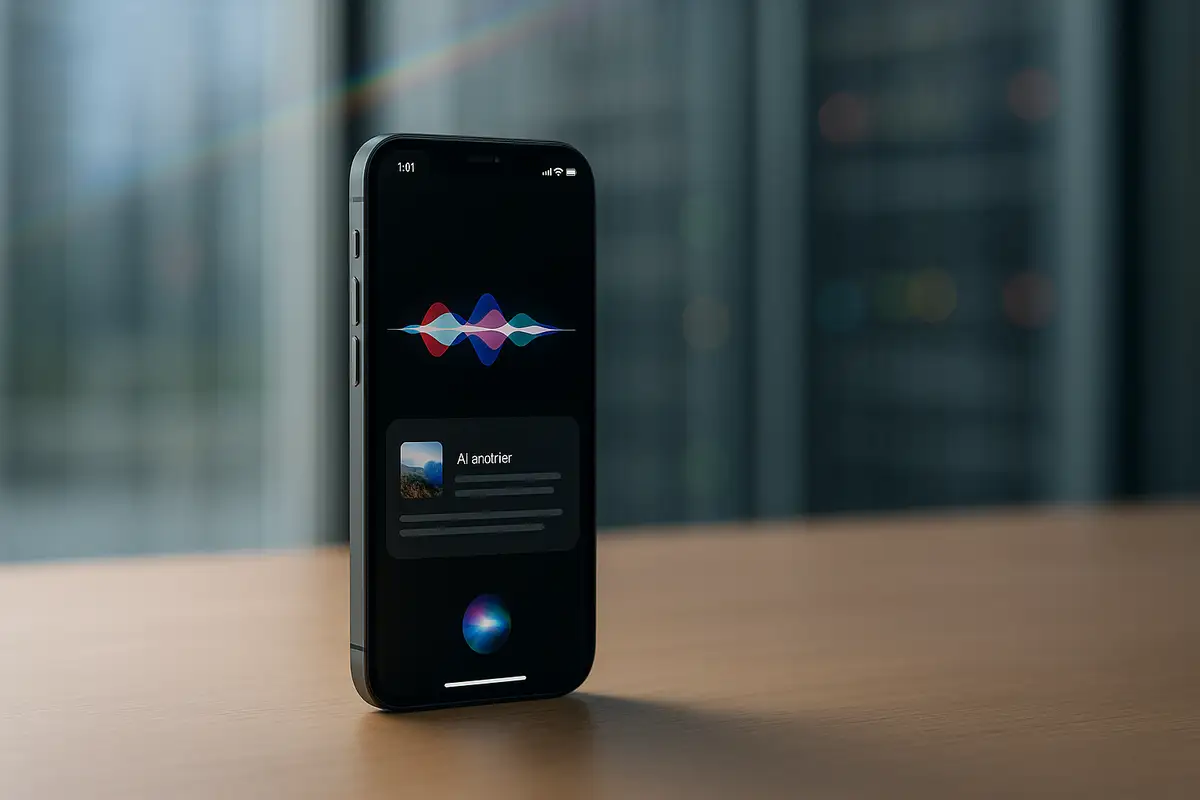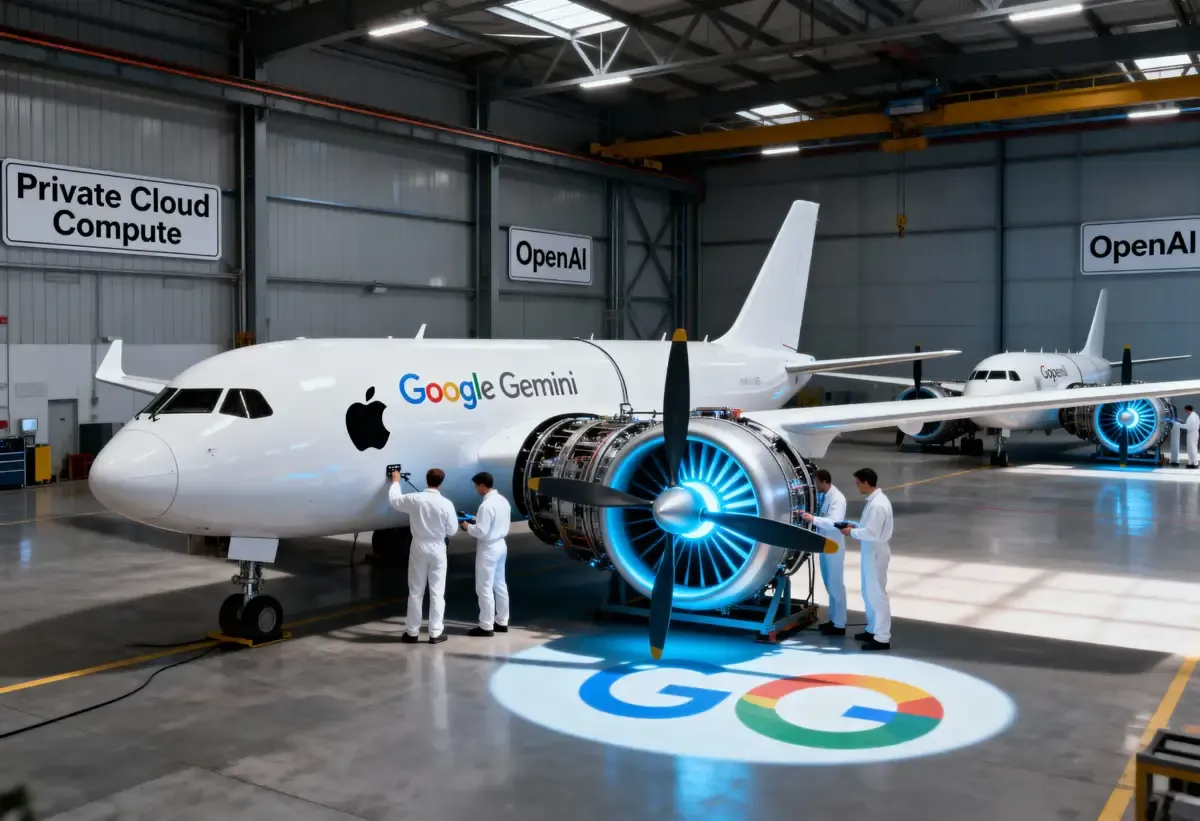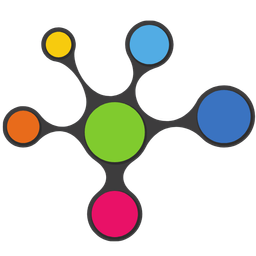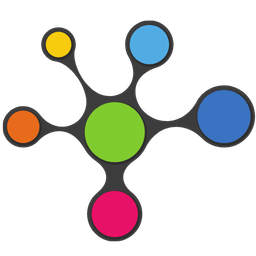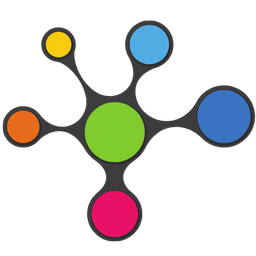Apple rents an AI brain from its search rival. The clock is now ticking.
Apple will pay Google about $1 billion annually to use a custom 1.2-trillion-parameter Gemini model to power a rebuilt Siri, with a target launch in spring 2026, according to a Reuters report on the Apple–Google AI deal. The company that prides itself on owning every layer just chose to rent the most important one.
That isn’t a partnership. It’s an AI tax.
What’s actually new
This isn’t the splashy “pick your chatbot” idea Apple floated earlier. It’s deeper. Apple is licensing Google’s engine to handle Siri’s core reasoning—summarizing, planning, and multi-step execution—while keeping some lightweight features on its own stack. The arrangement is designed to be invisible to users and developers: Apple supplies the experience; Google supplies a brain.
Inside Apple, the effort runs under Craig Federighi with Vision Pro veteran Mike Rockwell now driving the Siri turnaround. Rockwell’s appointment followed a broader AI shake-up this spring after delays pushed Siri’s upgrade out to 2026. The mandate is simple: make Siri competent at last.
The architecture, in plain terms
Gemini will run on Apple’s Private Cloud Compute machines rather than on Google’s infrastructure. That gives Apple custody of user data while borrowing Google’s model weights and inference recipe. Think of it as renting a jet engine but insisting it be mounted in your own hangar. It preserves Apple’s privacy posture, but not its intellectual sovereignty.
Apple evaluated OpenAI and Anthropic before settling on Google. The deciding factor wasn’t a killer demo. It was containment and control: keep requests inside Apple’s walls, keep branding off the box, and buy time to shore up internal research.
The sovereignty gamble
Apple says its in-house team is racing toward a homegrown trillion-parameter model “as early as next year.” Even if that lands, parity on paper won’t mean parity in practice. Google iterates constantly; Gemini 2.5 Pro already leads many public tests. Catching a moving target is not a one-and-done sprint. It’s maintenance, culture, and compounding advantage.
Meanwhile, every month Siri depends on Gemini, switching costs rise. Integrations accumulate. Teams optimize around the licensed model’s quirks. The invisible glue gets sticky. If the goal is independence, you want that window measured in quarters, not years.
Talent versus technology
The subtext here is people, not just parameters. Apple has bled senior AI talent to rivals and startups. Rockwell’s takeover reflected leadership’s frustration with the pace under John Giannandrea, who was originally hired from Google in 2018 to fix this very problem. Researchers want to train systems at the frontier, not just integrate them. As more of Siri’s “intelligence” lives outside, the gravitational pull on Apple’s own researchers weakens further.
The cycle is self-reinforcing. Fewer frontier projects mean fewer frontier researchers. Fewer researchers mean more reliance on partners. And so on.
The China contradiction
Apple can’t use Google in China. Reports indicate it will rely on local partners instead—Alibaba for content filtering and compliance, with Baidu supporting AI services. That yields a fragmented reality: one assistant in the U.S. and Europe, another in China, and possibly regional variants elsewhere. Apple’s privacy narrative meets geopolitics, and geopolitics wins.
The risk isn’t just duplicative engineering. It’s product drift. Different partners mean different capabilities, update schedules, and failure modes. “One Siri everywhere” becomes a promise that’s hard to honor.
The money and the message
Markets barely blinked on the headline. Apple rose less than a percent; Alphabet popped a few points. That shrug says investors already penciled in Apple’s AI lag and expected a paid catch-up. The deeper read: Google gets steady, high-margin platform revenue without ceding brand or data, plus strategic leverage over a key competitor. Apple gets time.
Don’t expect a co-branded moment. Unlike the search defaults deal, this stays off the billboard. No Gemini logos at WWDC. No “powered by Google” footers. Apple will present a better Siri and emphasize Private Cloud Compute. Users will feel the lift but won’t see the source.
Limits and risks
Licensing frontier AI rarely works as a short-term bridge. Model families evolve, APIs change, and the integration debt piles up. Apple can mitigate this with strict interface boundaries, dedicated hardware behind Private Cloud Compute, and a ruthless plan to harden its own models. But the calendar is unkind. Spring 2026 was already a delay; another slip would turn a stopgap into a dependence.
And parameters are not a magic wand. They amplify strengths and flaws. Without crisp product scoping—when should Siri act, ask, or abstain—bigger brains can still hallucinate, over-reach, or stall at the edge of safety policies. Apple’s bar for reliability is high. Meeting it with a licensed brain will test both companies’ patience.
Why this matters
- The AI dependency trap is real. Outsourcing core reasoning buys speed now but raises switching costs later, especially as integrations and habits ossify.
- “Parameter parity” won’t close the gap. Apple needs a frontier research engine and a product culture that ships reliably, not just a bigger model on rented time.
❓ Frequently Asked Questions
Q: What does 1.2 trillion parameters actually mean compared to Apple's 150 billion?
A: Parameters are the adjustable weights that determine how an AI processes information. Google's 1.2 trillion is 8x larger than Apple's 150 billion. Think of it like comparing a 150-page manual to a 1,200-page encyclopedia—more parameters mean the model can handle nuanced context, complex reasoning, and multi-step tasks that Apple's current models can't manage.
Q: How does Private Cloud Compute protect my data if Google's AI is involved?
A: Apple runs Google's model weights on Apple's own servers, not Google's. Your Siri requests never touch Google infrastructure. Apple gets the AI recipe but cooks it in their own kitchen. Google provides the model code; Apple controls the hardware, data flow, and security. It's like licensing software to run on your own computer.
Q: Why does the new Siri need until spring 2026 when the deal is almost done?
A: Apple needs 18 months to integrate Google's model into iOS 26.4, rebuild Siri's architecture, test across devices, and ensure privacy compliance. The original target was 2025, but Apple's failed attempt to build on old Siri foundations caused delays. Integration isn't just plugging in—it's rewriting how Siri processes every request.
Q: What exactly will Google's AI do versus Apple's own models?
A: Google's Gemini will handle "summarizer and planner functions"—understanding context across multiple steps and executing complex tasks. Think booking a dinner reservation while checking your calendar and texting participants. Apple keeps simpler features like timers, basic commands, and device controls on its own 150-billion parameter models. The split preserves some Apple control while borrowing Google's reasoning power.
Q: How does this $1 billion compare to what Apple already pays Google?
A: Apple reportedly pays Google $18-20 billion annually to remain Safari's default search engine. The $1 billion AI deal is additional—bringing total payments to roughly $20 billion yearly. Unlike the search deal, which Google promotes publicly, the AI arrangement stays invisible. No Gemini branding, no public partnership announcements. Users won't know their Siri runs on Google tech.

